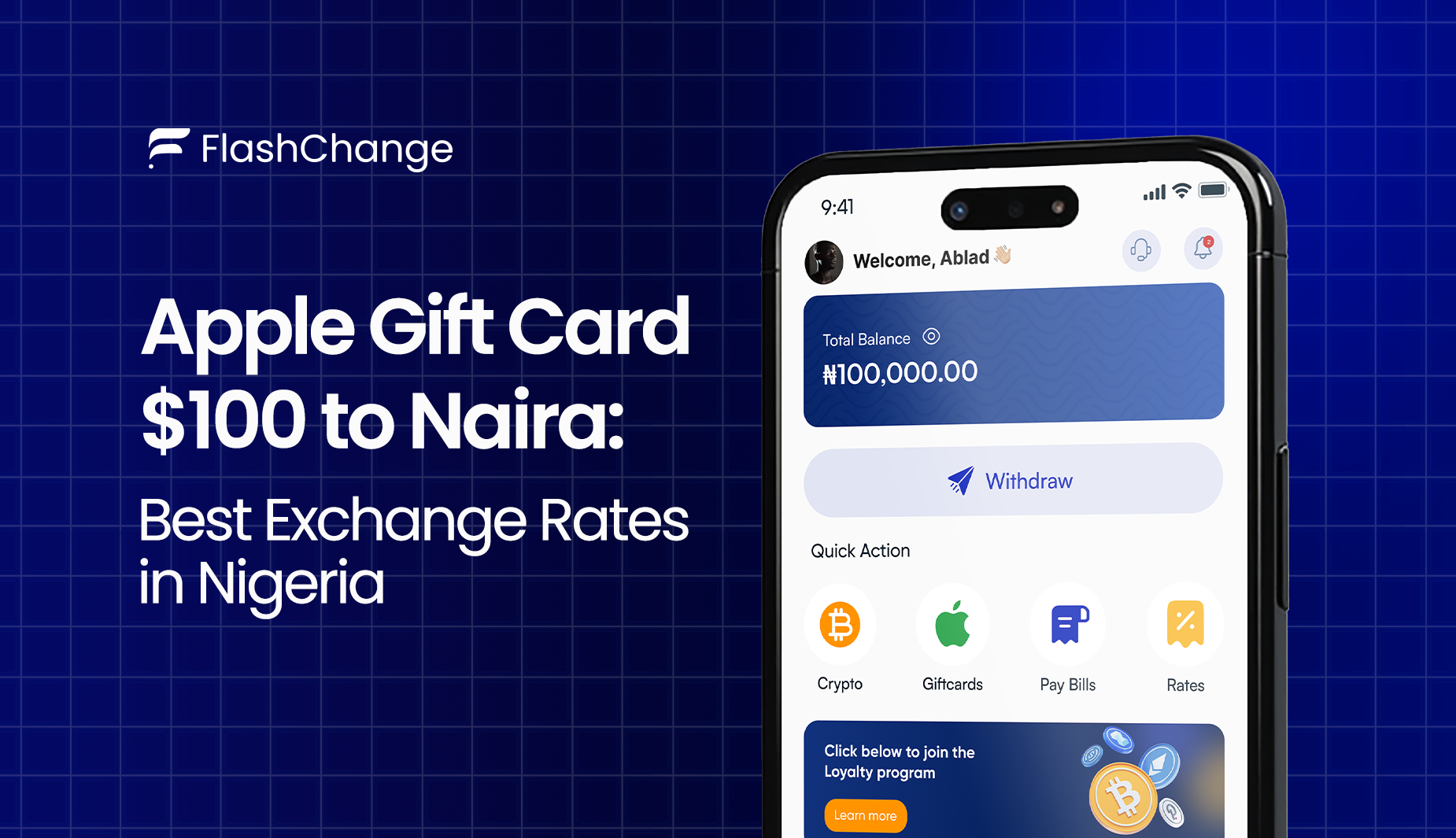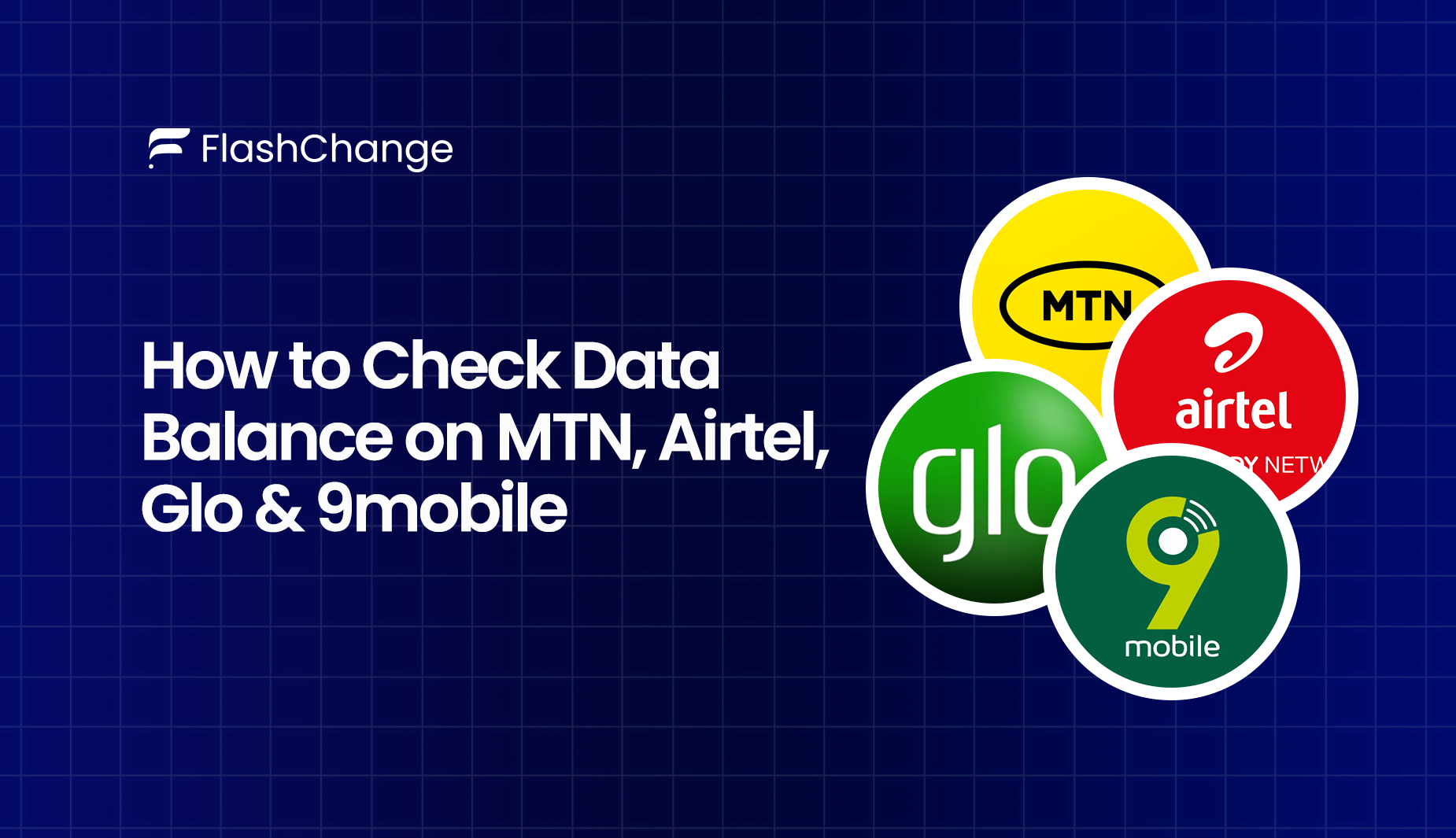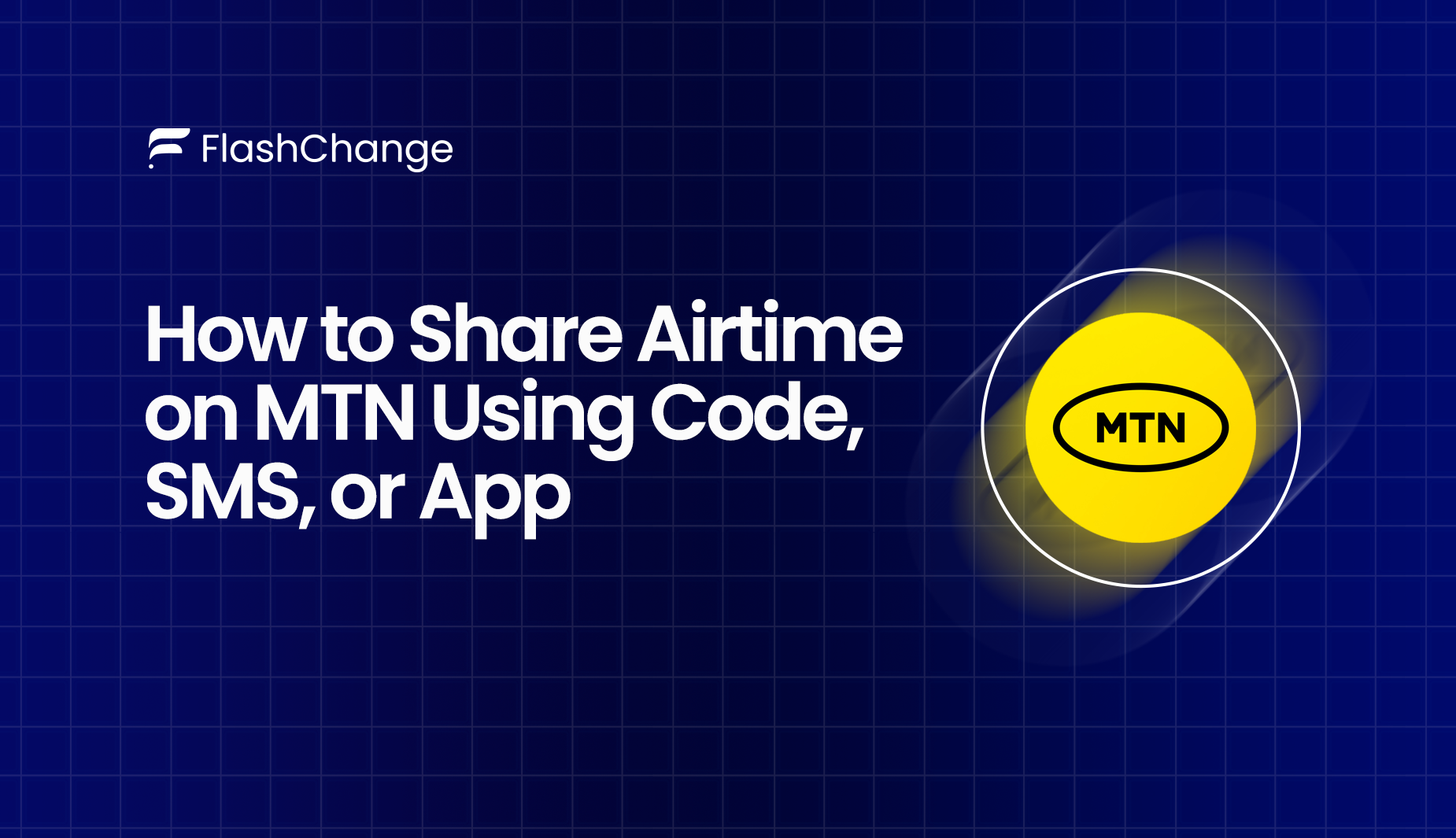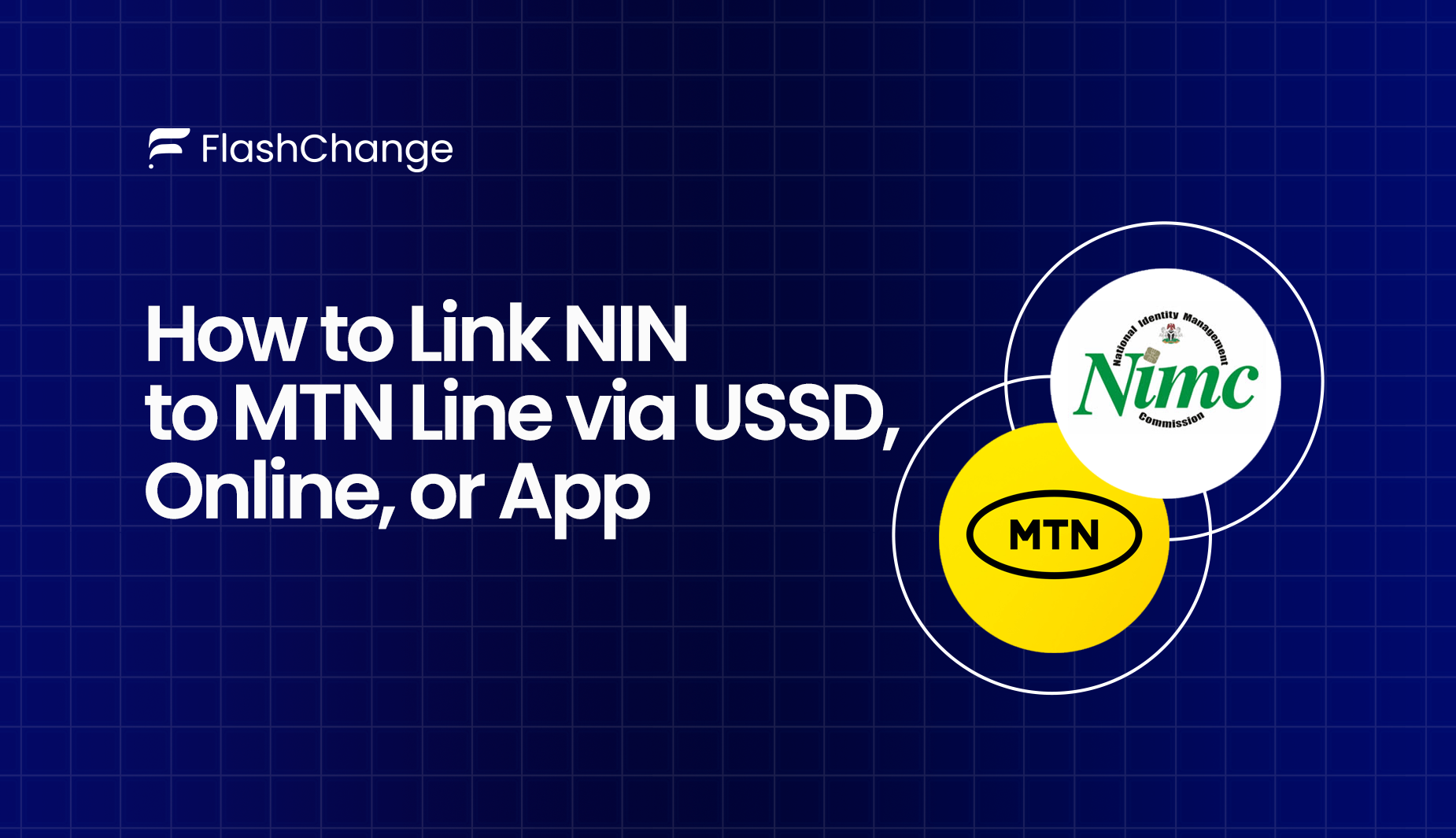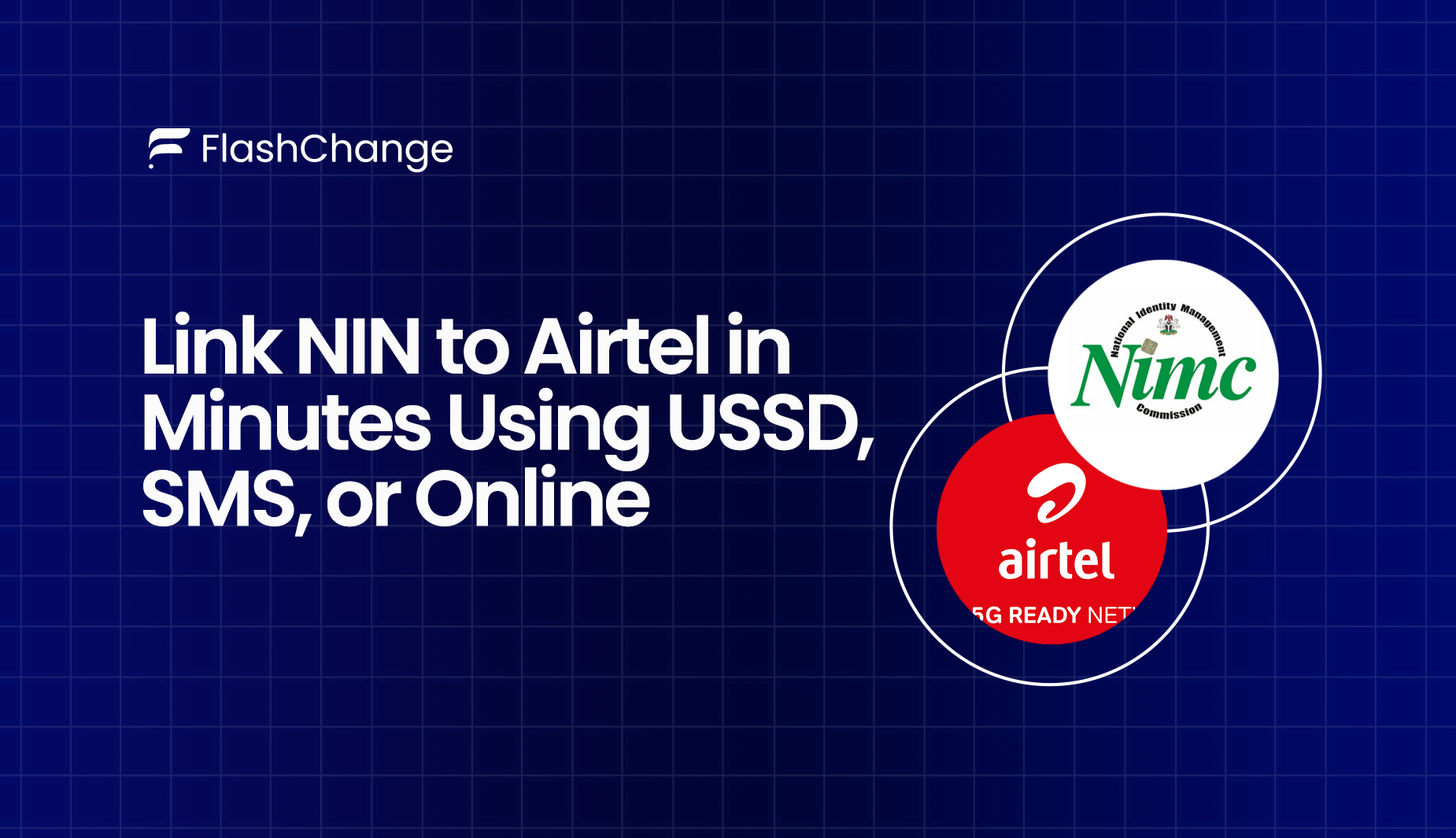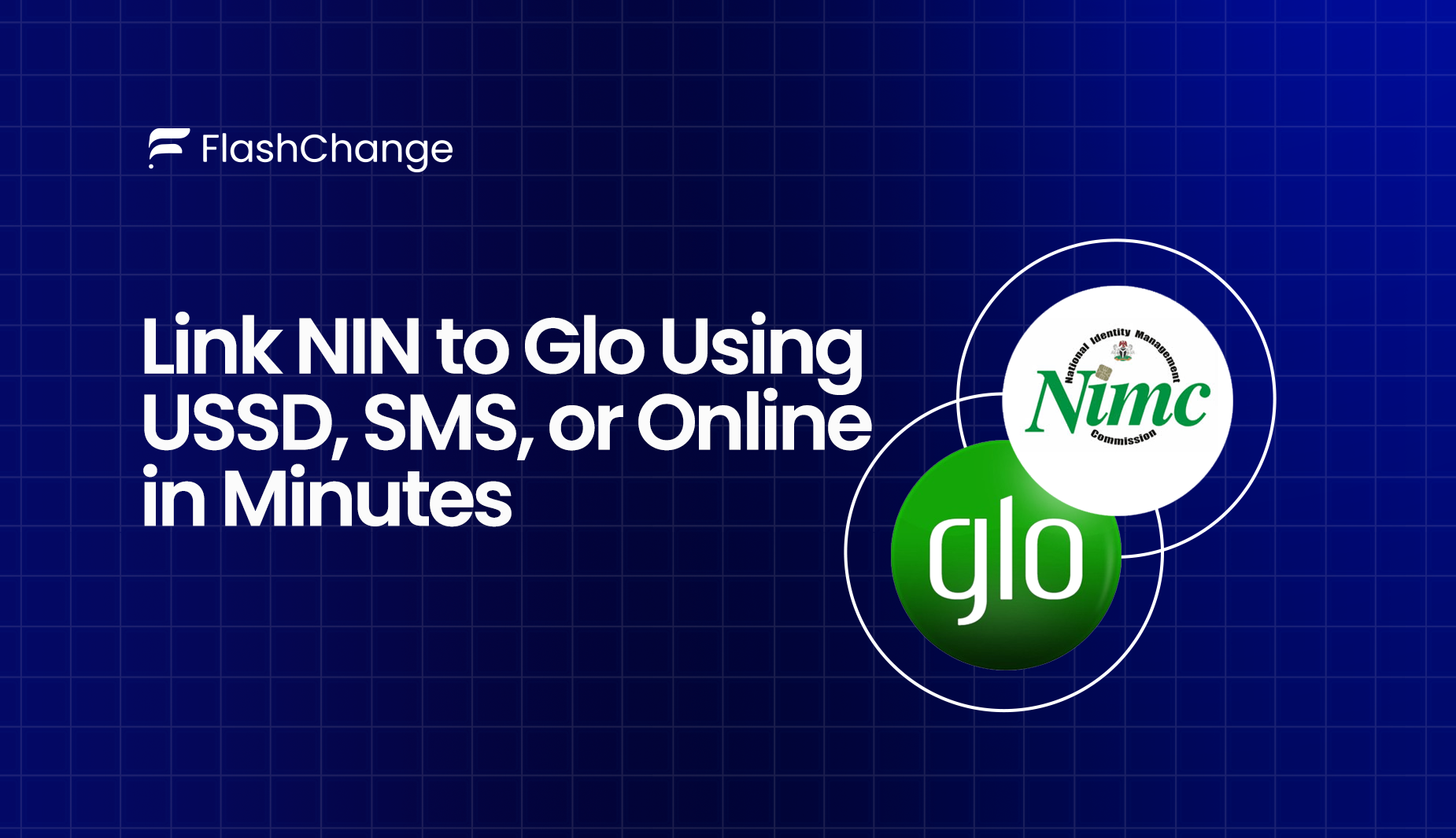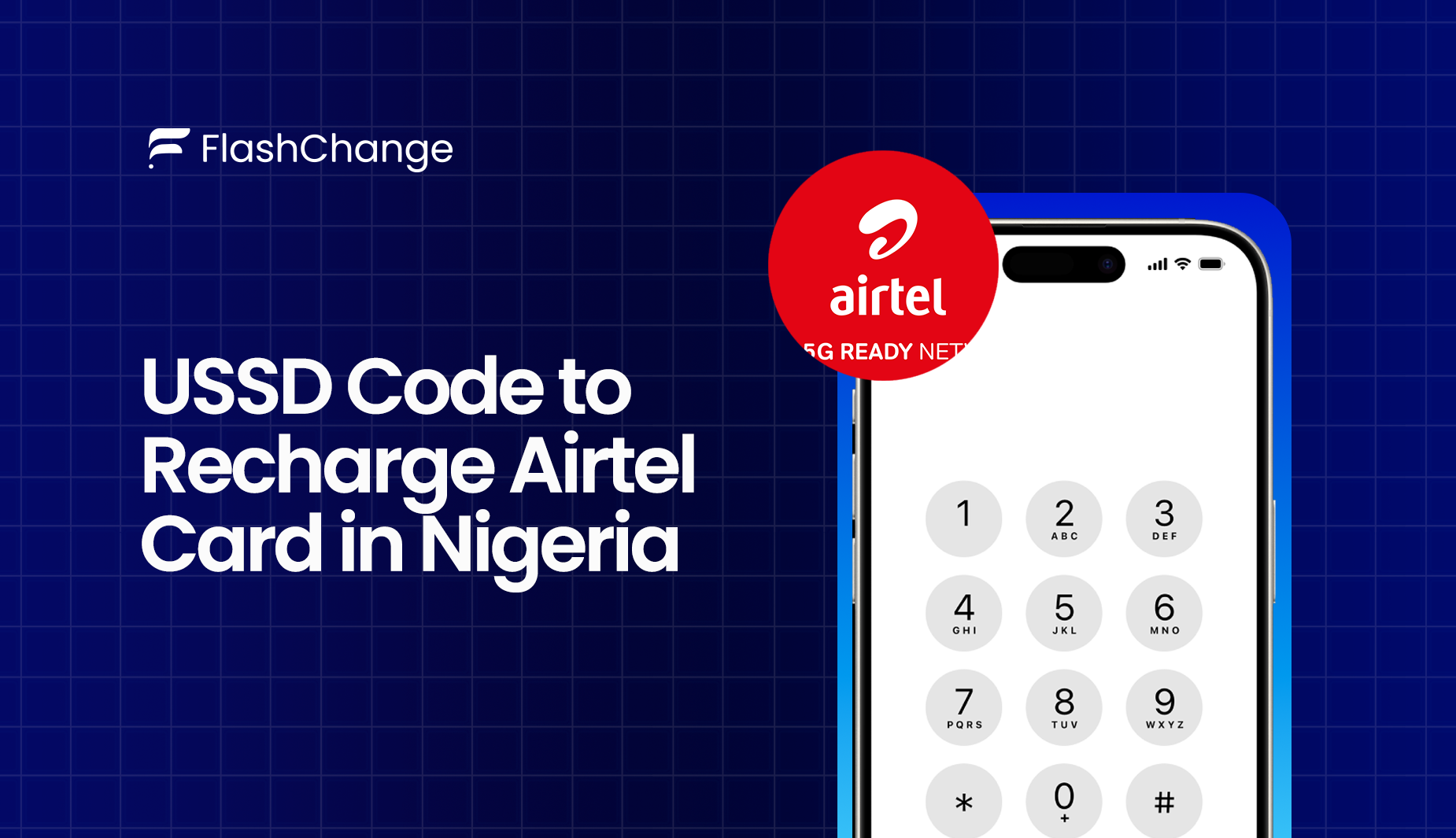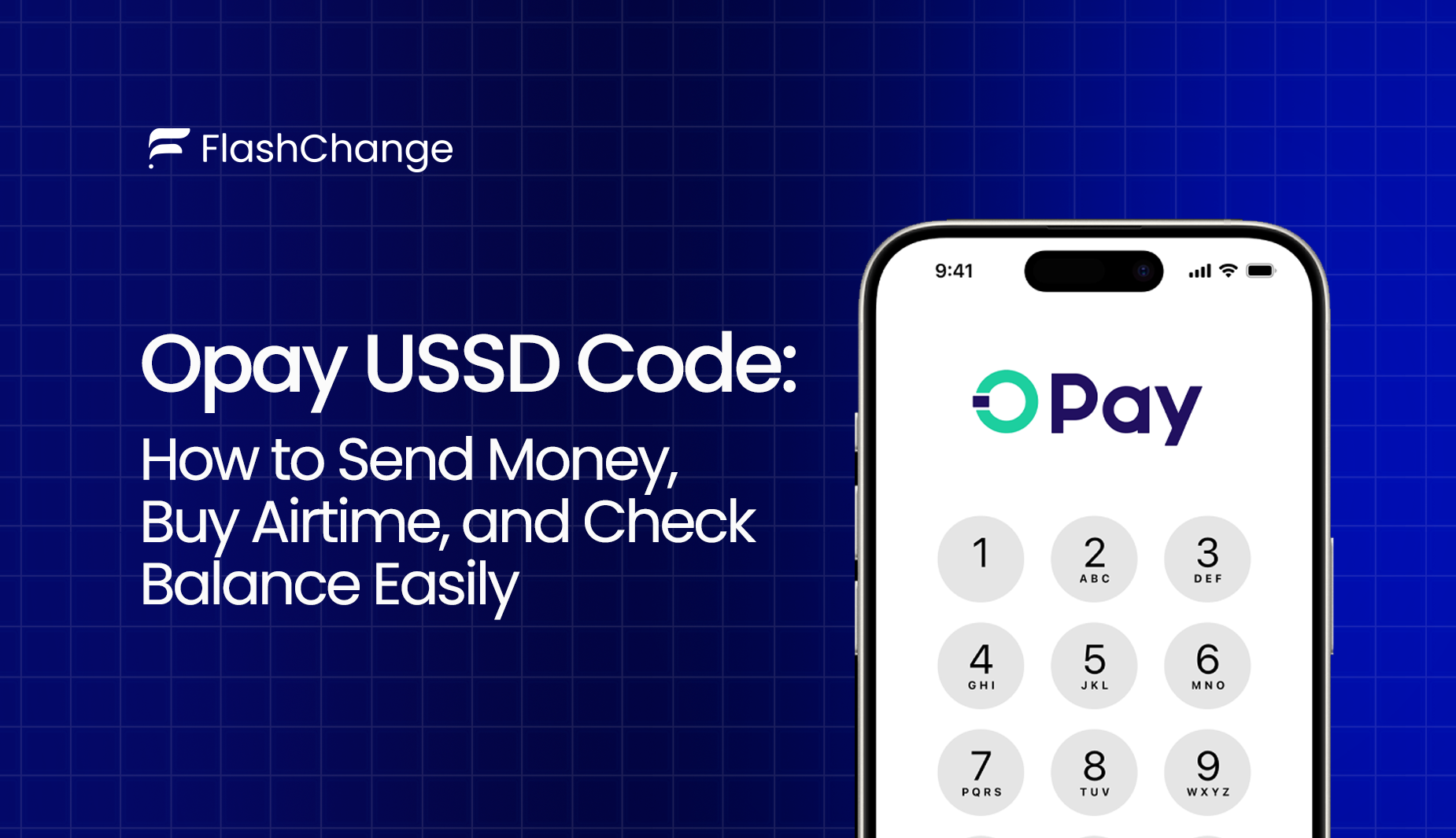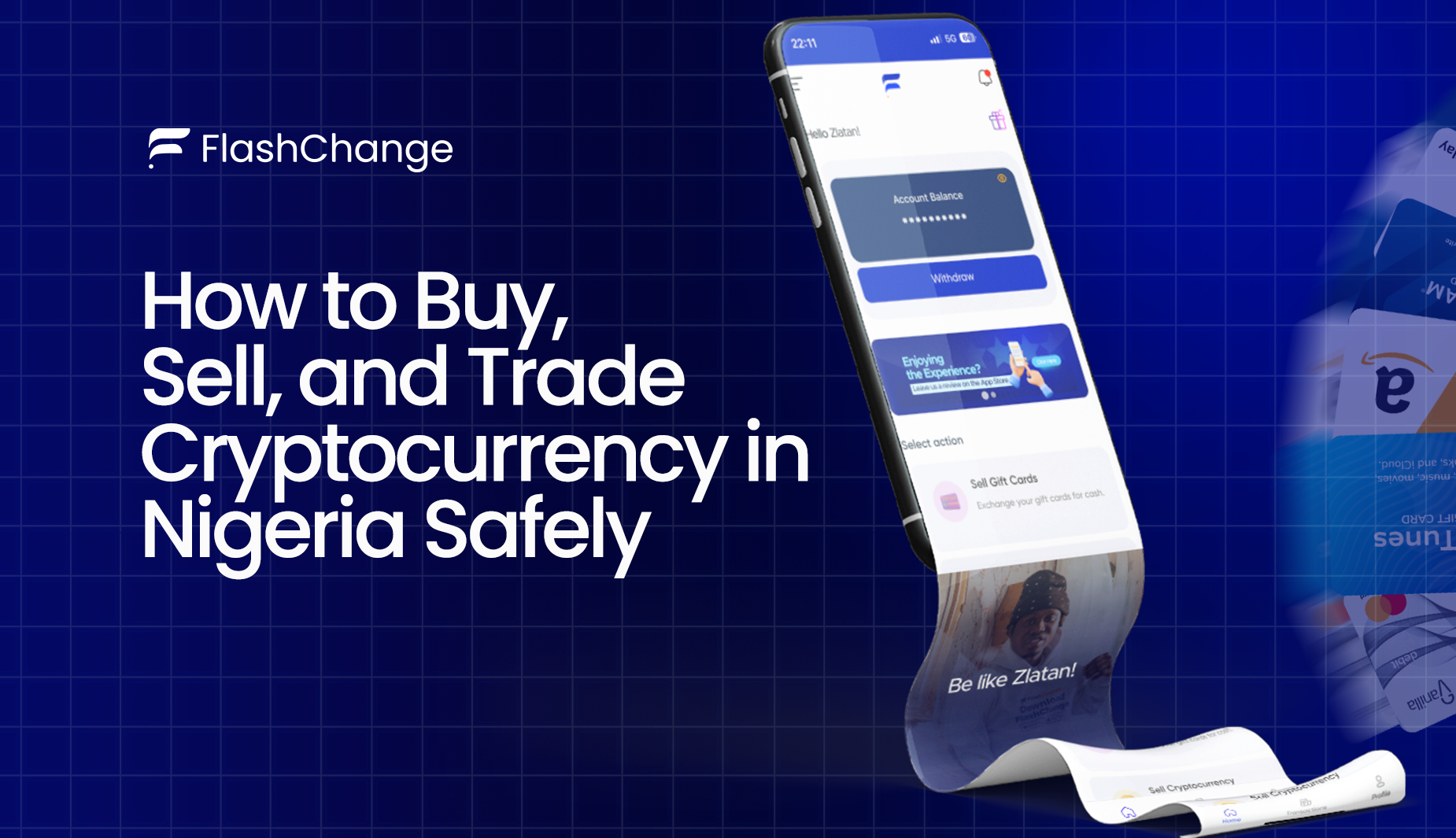
Buy, Sell, and Trade Cryptocurrency in Nigeria Safely
With digital currencies becoming more widely used for online transactions, is it safe to buy, sell and trade cryptocurrency in Nigeria?
Nigeria has emerged as one of the leading countries in cryptocurrency adoption, and this adoption of cryptocurrency in Nigeria is fueled by factors such as economic instability, inflation, limited access to traditional banking services, and the increasing reliance on digital transactions.
But despite its growing popularity, why does the adoption of cryptocurrency still face significant regulatory challenges?
In this article, you will learn about the acceptance of cryptocurrency in Nigeria and how you can safely buy, sell and trade cryptocurrency in Nigeria.
Is Cryptocurrency Legal in Nigeria?
The regulation of cryptocurrency in Nigeria has been a topic of intense debate, due to the evolving policies and regulatory shifts by the Central Bank of Nigeria (CBN) and other financial authorities.
Unlike other countries where there is a clear ban, the legal status of cryptocurrencies in Nigeria is still very ambiguous. Here is how the story has been:
Central Bank of Nigeria (CBN) Stance on Cryptocurrency
In February 2021, the CBN issued a directive prohibiting banks and other financial institutions from allowing cryptocurrency transactions. So, the information instructed all banks to close accounts linked to cryptocurrency trading, outlining concerns on money laundering.
This move eventually pushed the crypto traders towards peer-to-peer (P2P) transactions and decentralized exchanges (DEXs) as alternatives.
Securities and Exchange Commission (SEC) Guidelines
The Nigerian Securities and Exchange Commission (SEC) took a better approach toward cryptocurrency regulation in 2022. The SEC released guidelines to recognize digital assets as securities and then bring them to applicable regulations.
The guidelines classified crypto assets into different levels, including virtual assets, utility tokens, and digital securities, and then require exchanges and service providers to register with the SEC before operating in the country.
Nigeria’s National Blockchain Policy
In May 2023, the Nigerian government approved a National Blockchain Policy, allowing a shift towards a regulated crypto environment. The policy is to use the blockchain technology for economic development, cybersecurity, and financial inclusion. With the launch of cNGN, Nigeria’s First Regulated Stablecoin, the country is taking steps toward a more structured and secure digital asset environment
Cryptocurrency Bans and Restrictions In Nigeria
Although cryptocurrency is not truly banned, financial institutions are still stopped from giving room to crypto-related transactions. But, P2P trading remains a legal alternative that allows users to bypass traditional banking channels.
The government has also increased the check on crypto transactions, including freezing accounts linked to illegal activities and enforcing Know Your Customer (KYC) requirements on crypto platforms.
What are the Future Trends of Cryptocurrency Regulations in Nigeria
Nigeria's approach to cryptocurrency regulation is gradually changing from outright restriction to a better overview. The rise of blockchain adoption and increasing global recognition of cryptocurrencies may push Nigerian regulators to create more structured frameworks that balance financial innovation with security concerns, and one not affecting the other.
If properly regulated, we are optimistic that the crypto industry would contribute significantly to Nigeria’s economy by fostering fintech development, increasing financial inclusion, and attracting foreign investments.
Types of Crypto Exchanges in Nigeria
Trading cryptocurrency in Nigeria means buying and selling digital coins on an exchange. To do this, you need to be able to pick the right platform, know how to secure your funds, and stay informed on market conditions.
Whether you're an experienced investor looking for a crypto trading platform suitable for crypto or a newcomer to the crypto world, understanding the different types of crypto exchanges in Nigeria is the first thing that will help you make the best choice for your trading strategy.
There are different types of exchanges sorting out for different user needs. Let’s take a look at them:
Centralized Exchange (CEXs)
These centralized exchanges are the most common types of crypto exchange in Nigeria, they are owned by central authority that facilitates buying, selling and trading of cryptocurrencies. Examples in Nigeria: Binance, Luno, Bybit,etc.
They require Know Your Customer(KYC) verification, they offer high liquidity, fast transactions and user friendly interfaces. Although they are easy to use and offer high security, they are prone to regulatory restrictions and they can freeze the accounts due to compliance issues.
Decentralized Exchange (DEXs)
These decentralized exchanges in Nigeria are the platform that operates without a central authority, using smart contracts to enable peer-to-peer trading. Examples in Nigeria: Uniswap, pancakeSwap, etc.
Although it tends to have low liquidity and the transactions are irreversible, and slower compared to CEXs, it offers enhanced privacy and security, allowing the traders to have control over their funds.
Peer-to-Peer (P2P) Exchanges
These are platforms that connect buyers and sellers directly, allowing them to trade their crypto without a middleman.Here, users set their own prices, so it has low trading fees. However, it has higher risk of scams and it can be slow due to negotiations and most times, market rates vary significantly. Examples in Nigeria: Binance P2P, Paxful, etc.
Hybrid Exchanges
These exchanges combine features of centralized and decentralized exchanges, offering security and control. Examples include:KuCoin, OKX Hybrid. They use blockchain for transparency but they have a central governing body, they are not fully decentralized and also more secure than centralized exchanges.
Best Crypto exchanges & wallets in Nigeria
Selecting the top Nigerian crypto exchange sites is vital for effective trading, here is the list of some of the top platforms:
- FlashChange
- Binance Nigeria
- KuCoin
- Bybit
- Luno
- NairaEx
- Busha
Then there are some top cryptocurrency wallets for Nigerian users:
- Trust Wallet
- Exodus Wallet
- MyEtherWallet
- TonKeeper
Choosing the right trading platform is crucial. Check out our list of the Best Crypto Trading Apps in Nigeria to find the most secure and user-friendly options.
How to buy, sell and trade crypto in Nigeria
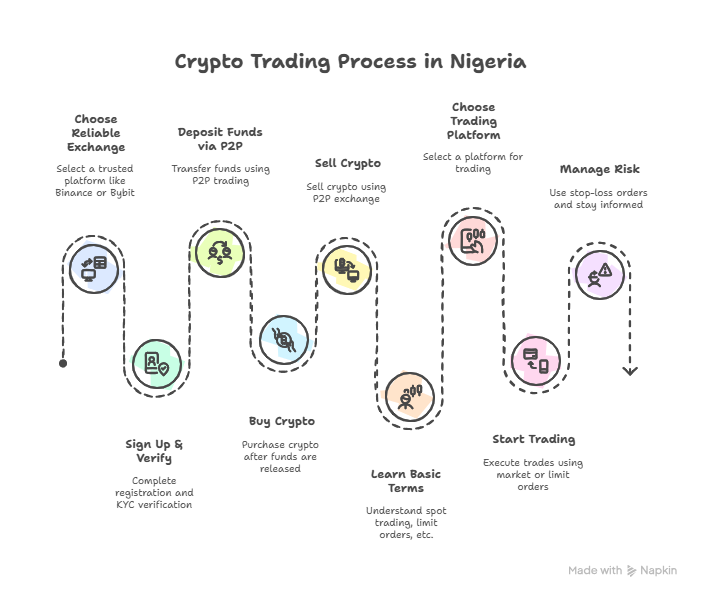
1. How to Buy Crypto in Nigeria
- Choose a Reliable Exchange: Use platforms like Binance, Bybit, KuCoin, or other local exchanges.
- Sign Up and Verify Your Account: Create an account and complete KYC (Know Your Customer) verification to access full features.
- Deposit Funds via P2P Trading:
- Open the exchange and go to the P2P section.
- Choose the cryptocurrency you want to buy (e.g., USDT, BTC, ETH).
- Select a seller with a good rating and preferred payment method.
- Enter the amount you want to buy and place an order.
- Transfer money to the seller’s bank account as instructed.
- Confirm payment and wait for the seller to release the crypto to your wallet.
- Buy Your Crypto: Once the seller releases the crypto, it will reflect in your account.
2. How to Sell Crypto in Nigeria
- Use a P2P Exchange:
- Open the exchange and go to the P2P section.
- Choose the cryptocurrency you want to sell.
- Select a buyer with a good rating and preferred payment method.
- Enter the amount of crypto you want to sell and place an order.
- Wait for the buyer to transfer the money to your bank account.
- Confirm that you received the money and release the crypto to the buyer.
3. How to Trade Crypto in Nigeria (Beginner-Friendly Guide)
Trading crypto means buying and selling digital assets to make a profit. Here’s how you can start:
Step 1: Learn the Basics of Trading
Before you start trading, understand these key terms:
- Spot Trading: Buying and selling crypto at the current market price.
- Limit Orders: Setting a specific price at which you want to buy or sell.
- Market Orders: Buying or selling immediately at the best available price.
- Trading Pairs: Two assets that can be exchanged, like BTC/USDT or ETH/NGN.
Step 2: Choose a Trading Platform
- Use trusted exchanges like Binance, Bybit, or Bitget.
- Sign up and complete KYC verification.
- Fund your account through P2P or crypto deposits.
Step 3: Start Trading
- Select a Trading Pair: Choose a pair like BTC/USDT (Bitcoin to Tether) or ETH/NGN (Ethereum to Naira).
- Decide Your Order Type:
- Use Market Order to buy or sell instantly.
- Use Limit Order if you want to buy at a lower price or sell at a higher price.
- Place Your Trade: Enter the amount and confirm the transaction.
- Monitor Your Trade: Track price movements and make decisions based on trends.
Step 4: Managing Risks
- Start Small: Don’t invest all your money at once.
- Use Stop-Loss Orders: Set an automatic sell price to avoid huge losses.
- Stay Informed: Follow market news and updates.
- Withdraw Profits Securely: Transfer profits to a private wallet for safety.
If you're new to cryptocurrency trading, our Crypto Trading for Beginners Guide provides a detailed roadmap on how to start safely and profitably.
How to convert cryptocurrency to Naira (cash-out options)
Converting cryptocurrency to Naira (NGN) can be done through various methods, including crypto exchanges, P2P platforms, and local crypto merchants. Below are some of the best ways to cash out your crypto in Nigeria:
Centralized Crypto Exchanges (CEX) with NGN Support
Many global and Nigerian exchanges allow direct conversion of crypto to Naira: Some exchanges such as:
- FlashChange - This is a Nigerian exchange platform that has a simple user interface and allows easy conversion of crypto to Naira, while offering instant payment.
- Binance (P2P & Spot Market) – This exchange offers a peer-to-peer (P2P) marketplace where you can sell crypto for Naira and withdraw via bank transfer.
- KuCoin (P2P Trading) – This exchange is similar to Binance, users can sell crypto and receive NGN via bank transfer.
- Luno – This is a platform that is beginner-friendly and supports Bitcoin to Naira conversion.
- Paxful – A popular P2P platform where you can sell crypto for NGN via different payment methods.
- NairaEx – This is a local Nigerian exchange that specializes in Bitcoin (BTC) to NGN transactions.
Steps for Cashing out via Exchanges
- Deposit your crypto into the exchange.
- Sell it for Naira on the spot market or P2P platform.
- Withdraw NGN to your Nigerian bank account or mobile money.
Peer-to-Peer (P2P) Trading
If an exchange does not support NGN withdrawals, don’t be scared, P2P trading allows direct transactions with buyers and it has you covered!
Platforms: Binance P2P, KuCoin P2P, OKX P2P, and Paxful.
Payment Methods: Bank transfer, mobile money, cash deposit, or fintech apps like Opay, PalmPay, and Kuda.
How to Use P2P for Cashout
1. Go to the P2P section of an exchange.
2. Select Sell, choose the currency (BTC, USDT, etc.), and filter for Naira buyers
3. Confirm the trade and receive payment immediately in your bank account.
4. Ensure to verify payment before releasing the crypto to avoid scams.
Wallets with Direct NGN Cashout
Some wallets integrate cashout services:
- FlashChange – Allows direct naira withdrawals.
- Trust Wallet & Binance Pay – Users can transfer crypto to Binance and sell via P2P.
- Busha Wallet – Nigerian crypto wallet allows direct NGN withdrawals.
- Bundle Africa – This supports instant crypto-to-Naira conversion.
Risk and Security Tips for Nigerian Crypto Traders
Cryptocurrency trading in Nigeria presents opportunities for profit but also comes with significant risks. Here are key risk factors and security tips to protect yourself as a Nigerian crypto trader:
Regulatory Risks
The Nigerian government has had fluctuating policies regarding cryptocurrency, including past bans and restrictions on banks facilitating crypto transactions.
So, strict compliance with regulations like the Finance Act and CBN directives is crucial to avoid legal issues.
Scams and Fraud
- Ponzi schemes disguised as crypto investments.
- Fake exchanges that disappear with users' funds.
- Pump-and-dump scams, this is a situation where the price of a coin is artificially inflated before a sudden crash.
Cybersecurity Threats
- Phishing attacks: Generating fraudulent emails and websites designed to steal login credentials.
- Hacking attempts: Targeting exchanges, wallets, and personal devices.
- SIM swap fraud: Attackers hijack your phone number to access crypto accounts.
Many traders make avoidable errors that can lead to financial losses. Learn more about Common Crypto Mistakes and How to Avoid Them to protect your investments.
Market Volatility
- Prices of cryptocurrencies can swing wildly,which leads to major financial losses.
- Lack of risk management strategies can wipe out investments.
Security Tips for Nigerian Crypto Traders
Safe Trading Practices
- Use reputable exchanges: Stick to well-known platforms like Binance, KuCoin, and OKX with high-security standards.
- Enable two-factor authentication (2FA): This protects a lot against unauthorized access to your exchange and wallet accounts.
- Beware of "too good to be true" schemes: Stay away from investment platforms promising guaranteed profits, platforms that seem more like ponzi schemes.
Wallet Security
- Use hardware or non-custodial wallets: Try to store large funds in wallets like Ledger or Trust Wallet instead of exchange wallets.
- Keep private keys safe: Never share your seed phrase or private keys with anyone. Store them offline.
- Use strong passwords: Create complex passwords and avoid using them again across multiple accounts.
Protection Against Scams & Phishing
- Verify website URLs: Always ensure you're on the correct exchange website before logging in.
- Double-check wallet addresses: Malware can replace copied wallet addresses with fraudulent ones.
Risk Management Strategies
- Only invest what you can afford to lose: Crypto trading is highly speculative, and it can be so funny, ensure to invest what you can afford to lose.
- Use stop-loss orders: As much as you can, prevent excessive losses during market crashes.
- Diversify your portfolio: Avoid putting all your funds into one cryptocurrency, make sure to diversify.
Regulatory Compliance
- Stay updated on Nigerian crypto regulations: Follow updates from the CBN, SEC, and NITDA.
- Use VPNs with caution: Some traders use VPNs to access platforms, but you are aware of potential legal implications.
- Pay attention to tax policies: With Nigeria considering crypto taxation, you should endeavour to track your transactions.
Frequently Asked Questions
Is Cryptocurrency Legal in Nigeria?
Yes, cryptocurrency is legal in Nigeria, but the Central Bank of Nigeria (CBN) has restricted banks from processing crypto transactions. Because of this, many Nigerians use peer-to-peer (P2P) platforms, which allow users to trade crypto directly with each other without needing a bank.
How to Convert Bitcoin to Naira?
Since Bitcoin ATMs are rare in Nigeria, most people use online exchanges and P2P platforms to sell their Bitcoin. You can easily convert Bitcoin to Naira on a P2P exchange by finding a buyer, agreeing on a price, and receiving payment directly in your bank account.
Where to Buy Crypto in Nigeria?
To buy crypto in Nigeria, start by choosing a trusted exchange. Create and verify your account, deposit funds using the available payment methods, and then purchase your preferred cryptocurrency. Always use a secure and reputable platform to avoid scams.
How Can I Buy Bitcoin in Nigeria?
You can buy Bitcoin in Nigeria through crypto exchanges like Bitcoin or other P2P platforms, where you trade directly with other users using Naira (NGN). Make sure to use a safe and reliable platform for smooth transactions.
Conclusion
Cryptocurrency is capable of affecting the economical state of Nigeria, and it can bring about financial investments into Nigeria, as long as it is still in Nigeria. However, while cryptocurrency trading in Nigeria is profitable, it is not without risks.
Ensure to protect yourself with secure trading practices, cybersecurity awareness, and risk management strategies to be able to navigate through the crypto world safely. Stay informed, be cautious, don’t be interested in ponzi schemes, and trade responsibly!

